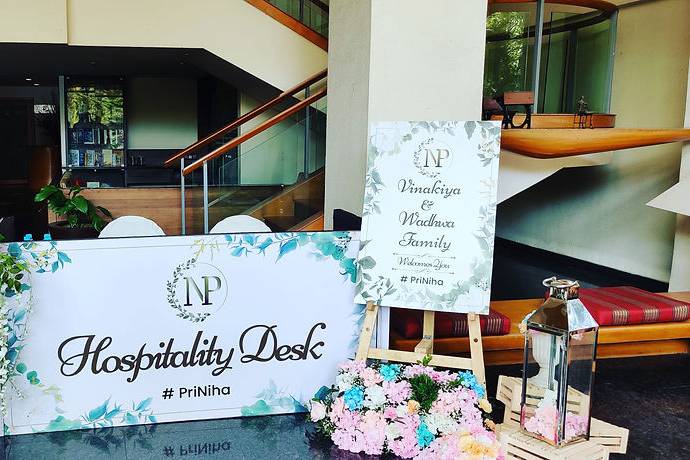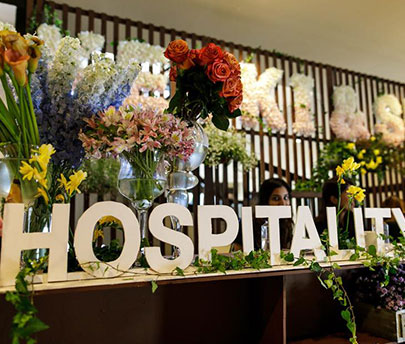Hospitality
Skotch Event: Your Premiere Best Hospitality Services in Jaipur Rajasthan
Jaipur, the Pink City of India, is renowned for its rich cultural heritage, stunning architecture, and vibrant traditions. It serves as a picturesque backdrop for weddings, attracting couples from around the world who wish to celebrate their love in a royal setting. To ensure that these weddings are seamless and memorable, top-notch hospitality wedding planning services are essential. This article delves into the best hospitality wedding planning services in Jaipur, focusing on what makes them stand out, the services they offer, and how they contribute to creating unforgettable wedding experiences.
The Importance of Wedding Planning
1. Stress Reduction
Planning a wedding can be overwhelming, with countless details to manage. Professional wedding planners alleviate this stress by handling logistics, vendor coordination, and timelines.
2. Expertise and Experience
Wedding planners possess the expertise and experience needed to navigate the complexities of wedding planning. They are familiar with local vendors, venues, and cultural nuances, ensuring that every aspect is executed flawlessly.
3. Budget Management
A skilled wedding planner helps couples create and stick to a budget, identifying cost-effective solutions without compromising on quality.
4. Creative Vision
Planners bring creative ideas to the table, helping couples realize their vision through innovative themes, decor, and personalized touches.
Key Elements of Hospitality in Wedding Planning
1. Guest Management
RSVP Coordination: Keeping track of guest responses ensures accurate planning for seating, catering, and accommodations.
Transportation Arrangements: Providing transportation options for guests, especially for destination weddings, enhances convenience.
2. Accommodations
Hotel Blocks: Reserving a block of rooms at nearby hotels can make it easier for guests traveling from out of town.
Welcome Packages: Offering welcome packages with local treats, itineraries, and essential information can make guests feel appreciated.
3. Catering and Menu Selection
Dietary Considerations: Catering to various dietary restrictions and preferences shows consideration for guests’ needs.
Interactive Dining: Options like buffet stations or food trucks can create a fun and engaging dining experience.
4. Entertainment and Activities
Engaging Entertainment: Providing entertainment that resonates with guests, such as live music or interactive games, enhances enjoyment.
Pre-Wedding Events: Hosting events like welcome dinners or brunches allows for more intimate interactions among guests.
5. Communication
Clear Information: Providing guests with clear information about the schedule, venue, and any changes helps avoid confusion.
Point of Contact: Designating a point person for guests to reach out to during the event ensures that their needs are addressed promptly.
6. Comfort and Amenities
Seating Arrangements: Comfortable seating and adequate spacing can significantly enhance the guest experience.
Restroom Facilities: Ensuring clean and easily accessible restrooms is vital for guest comfort.




